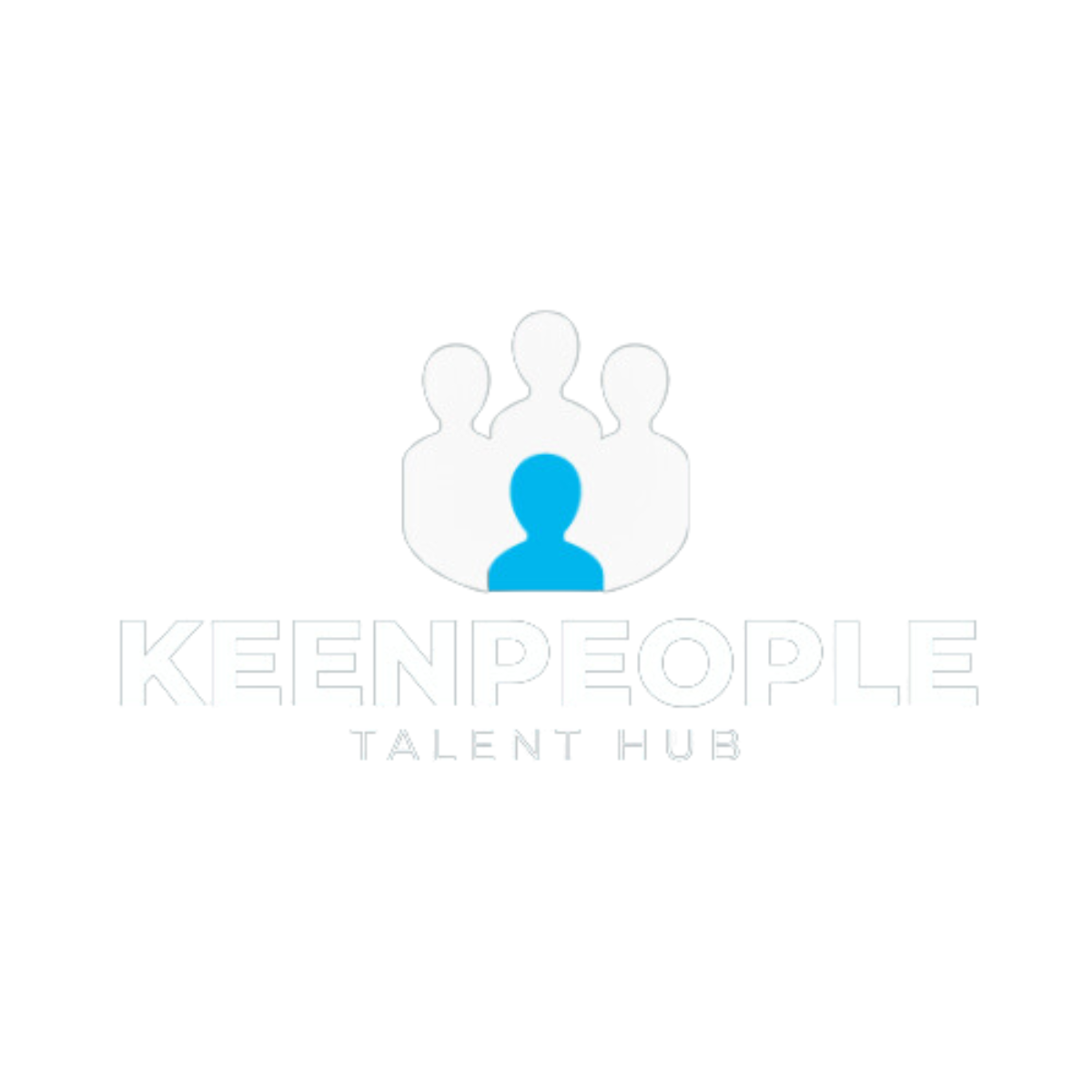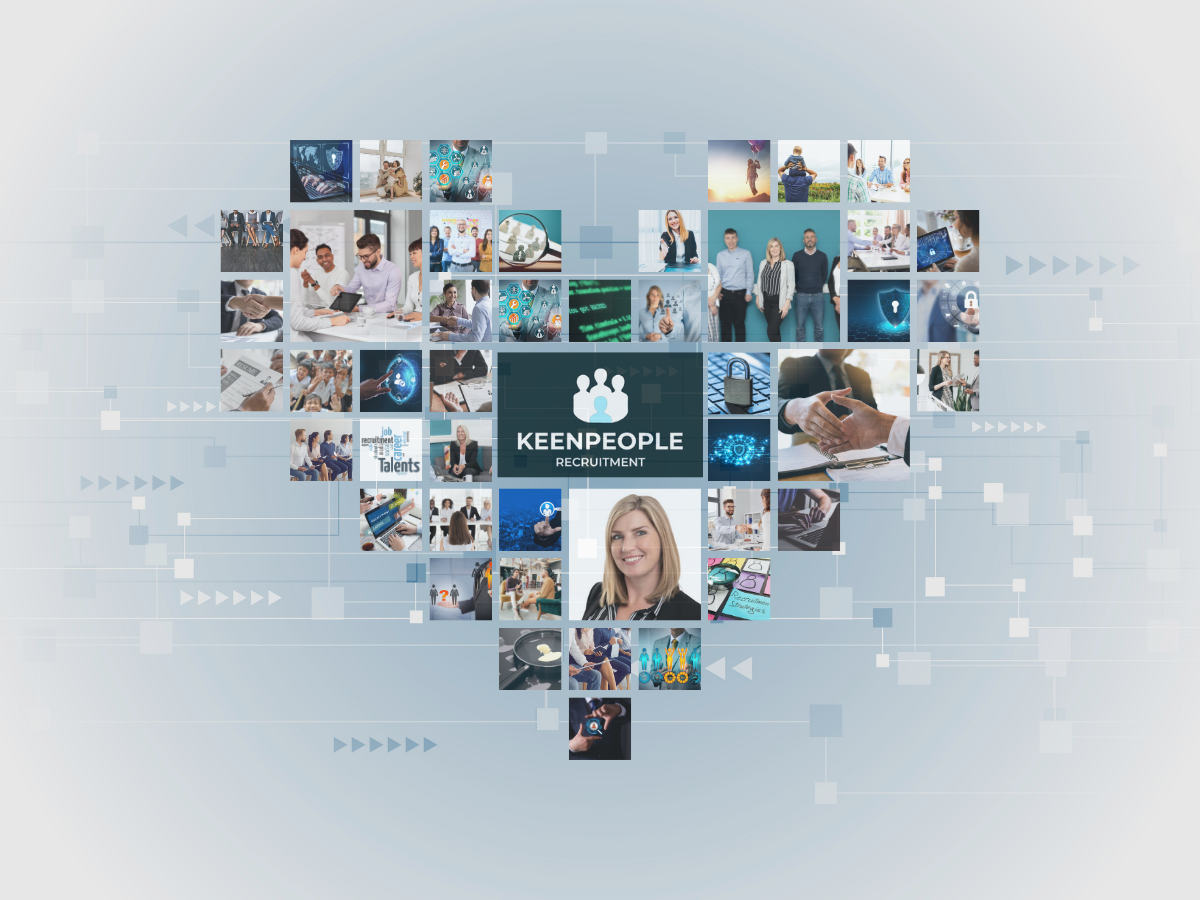Attracting and retaining top talent is a critical priority for organisations. A key strategy in this endeavour is the creation of a robust knowledge-sharing ecosystem. Such an ecosystem not only enhances employee satisfaction and engagement but also serves as a magnet for attracting new talent.
Navigating the Job Market: Trends and Insights for 2024
Embarking on a job search in 2024? Stay ahead of the curve with insights into the current job market trends. Here’s a guide to help you navigate and make informed decisions.
Finding Your Perfect Match: Recruiting Talent With Heart
As the month of February unfolds, the air is filled with an aura of connection and appreciation. It’s a time when relationships are celebrated, and connections are cherished. At Keen People we believe that finding the right talent for your company shares similarities with discovering your ideal partner. Let’s explore how the art of matchmaking intertwines seamlessly with successful recruitment strategies.
Building a Diverse IT Workforce: Challenges and Strategies
In the rapidly advancing field of Information Technology (IT), the call for diversity is not just a moral imperative; it’s a strategic necessity. A diverse workforce brings a wealth of perspectives, fostering innovation and driving success. However, building a diverse IT workforce comes with its own set of challenges and requires thoughtful strategies. Let’s delve into the journey of creating an inclusive and varied tech team.
Top Certifications for Cybersecurity Professionals
Cybersecurity isn’t just a buzzword anymore, it’s the battle cry of our digital age. As cyber threats evolve faster than ever, the demand for skilled professionals is skyrocketing. But navigating the vast landscape of cybersecurity certifications can feel like venturing into a dark web yourself.
The Importance of Soft Skills in the IT and Cybersecurity Industries
In the ever-evolving landscapes of IT and cybersecurity, mastering more than just code and protocols is the key to thriving. Soft skills, once deemed secondary, have emerged as the linchpin for success in these dynamic industries. Let’s explore why cultivating these essential interpersonal abilities is no longer a choice but a strategic necessity.
The Benefits of Hiring IT and Cybersecurity Contractors
In the rapidly evolving landscape of technology, businesses face the constant challenge of staying ahead of the curve. One strategic approach gaining popularity is the hiring of IT and cybersecurity contractors. This flexible employment model comes with a myriad of benefits, providing with the agility needed to navigate the ever-changing digital terrain.
The Future of Cybersecurity: Trends and Career Opportunities
As we journey further into the digital age, the landscape of cybersecurity evolves with unprecedented speed and sophistication.
Emotional Intelligence: A Cybersecurity Superpower in the Digital Era
In the fast-evolving realm of IT and cybersecurity, the demand for professionals who possess emotional intelligence is rising. This article explores the pivotal role of emotional intelligence (EQ) in IT and cybersecurity careers, shedding light on its relevance in the context of current cybersecurity trends.
Balancing Work and Mental Health: Essential Tips for IT Professionals
The IT industry is known for its fast-paced, demanding environment. IT professionals often find themselves engrossed in complex problem-solving, tight deadlines, and continuous learning. While this can be exhilarating, it can also lead to stress and mental health challenges. In this article, we explore essential tips for IT professionals to balance their work and mental well-being effectively.










